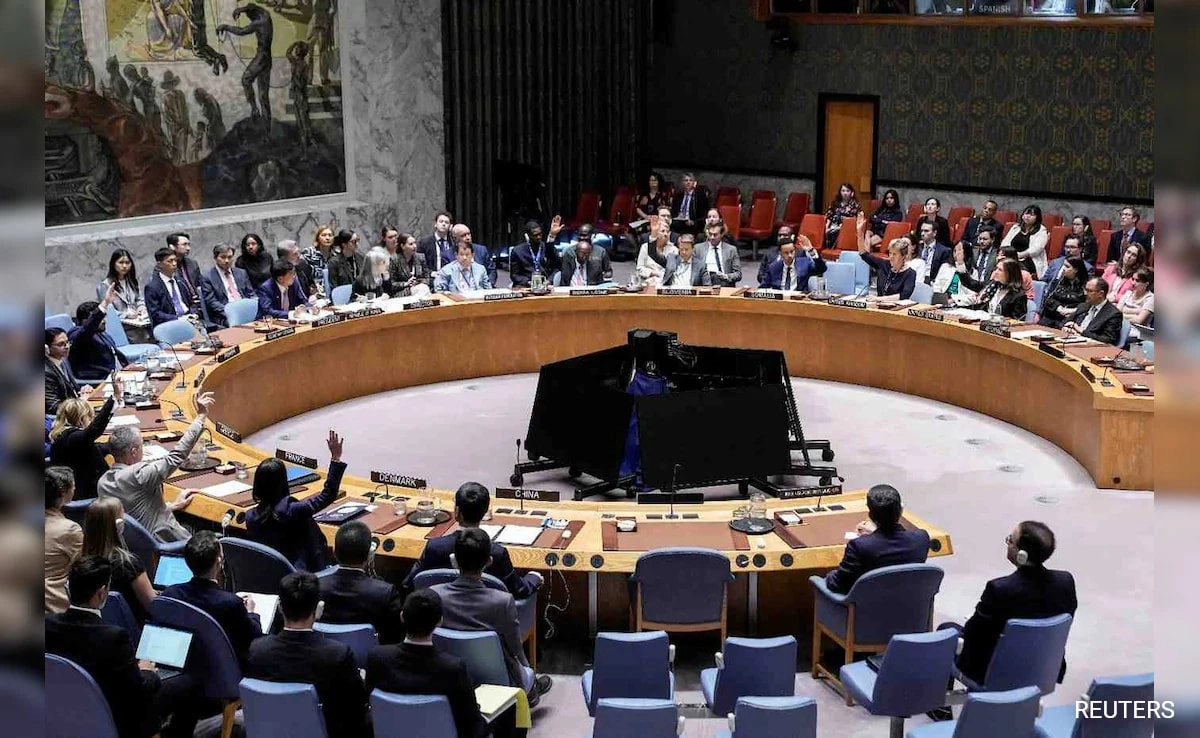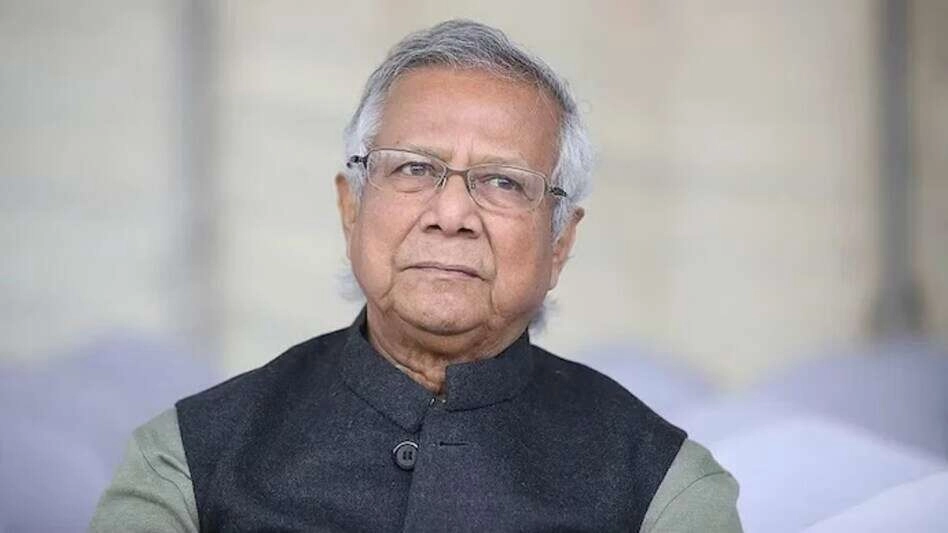The reimposition of snapback sanctions against Iran has escalated tensions between the Islamic Republic and Western nations, particularly the United States. Snapback sanctions are a mechanism established under the Joint Comprehensive Plan of Action (JCPOA), which aimed to limit Iran’s nuclear program in exchange for the easing of economic sanctions. However, the collapse of the JCPOA following the U.S. withdrawal in 2018 has led to a complicated geopolitical landscape. The U.S. decision to invoke snapback sanctions has raised concerns among European allies and other signatories of the agreement, who view this move as a potential catalyst for further destabilization in the region.
Iran has responded vehemently to the imposition of these sanctions, viewing them as a violation of international agreements and an affront to its sovereignty. The Iranian government has threatened to escalate its nuclear activities beyond the limits set by the JCPOA, potentially reigniting fears of a nuclear arms race in the Middle East. This confrontation not only undermines diplomatic efforts aimed at curbing Iran’s nuclear ambitions but also complicates existing tensions in the region, where various state and non-state actors are involved in conflicts that could easily spiral out of control.
The fallout from the snapback sanctions has broader implications for global politics. European nations find themselves in a precarious position, caught between their commitment to the JCPOA and their strategic alliance with the United States. Many European leaders have expressed concerns that the reintroduction of these sanctions could destabilize the already fragile situation in the Middle East, leading to increased hostilities and a potential military confrontation. This situation illustrates the challenges of achieving multilateral diplomatic solutions in an increasingly polarized international environment.
As tensions continue to rise, the question remains whether diplomatic channels can be revived to prevent further escalation. The international community is urged to engage in dialogue, emphasizing the importance of addressing not only nuclear concerns but also broader issues such as regional security and human rights. The snapback sanctions serve as a reminder of the intricate balance of power and diplomacy that characterizes contemporary international relations, highlighting the need for collaborative approaches to resolve complex geopolitical conflicts.




